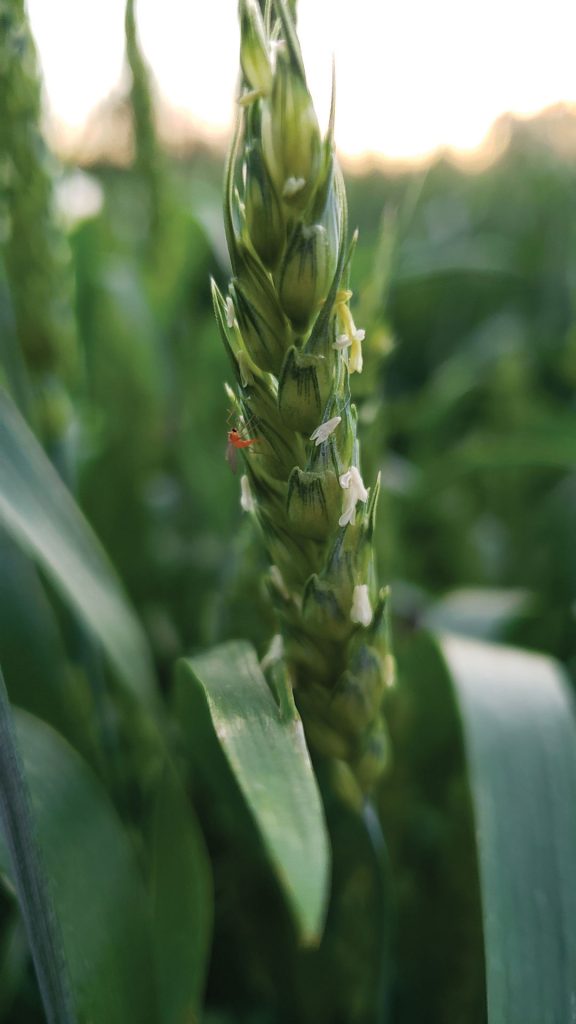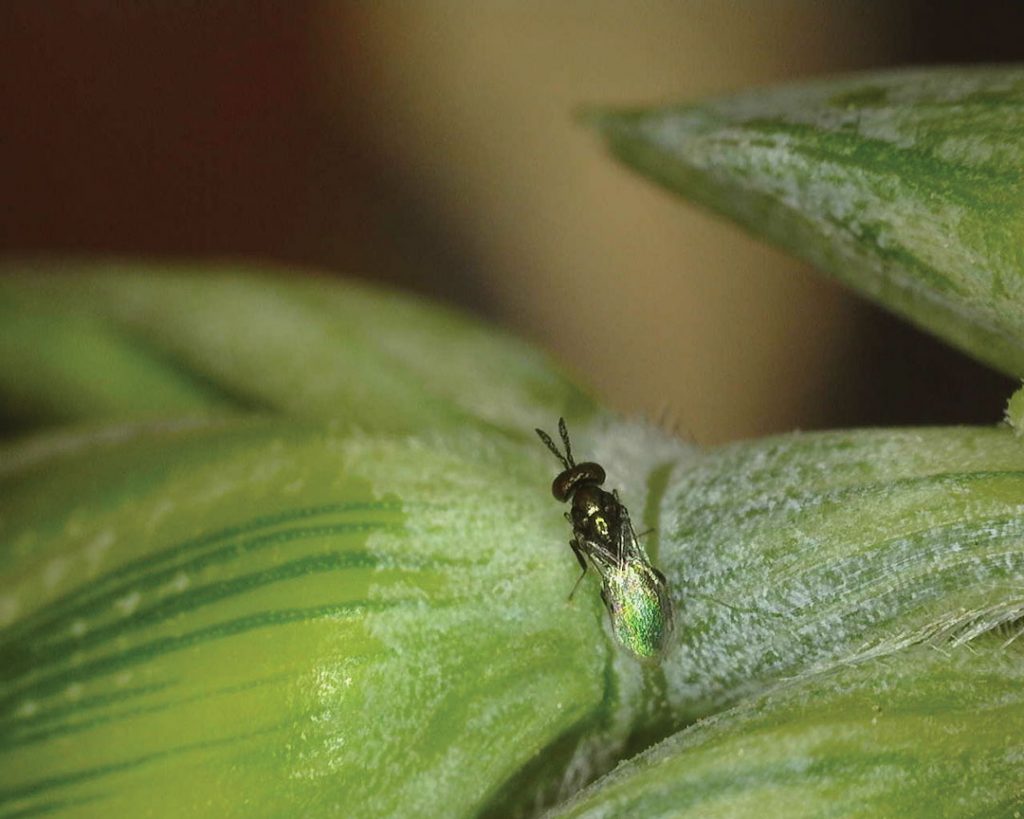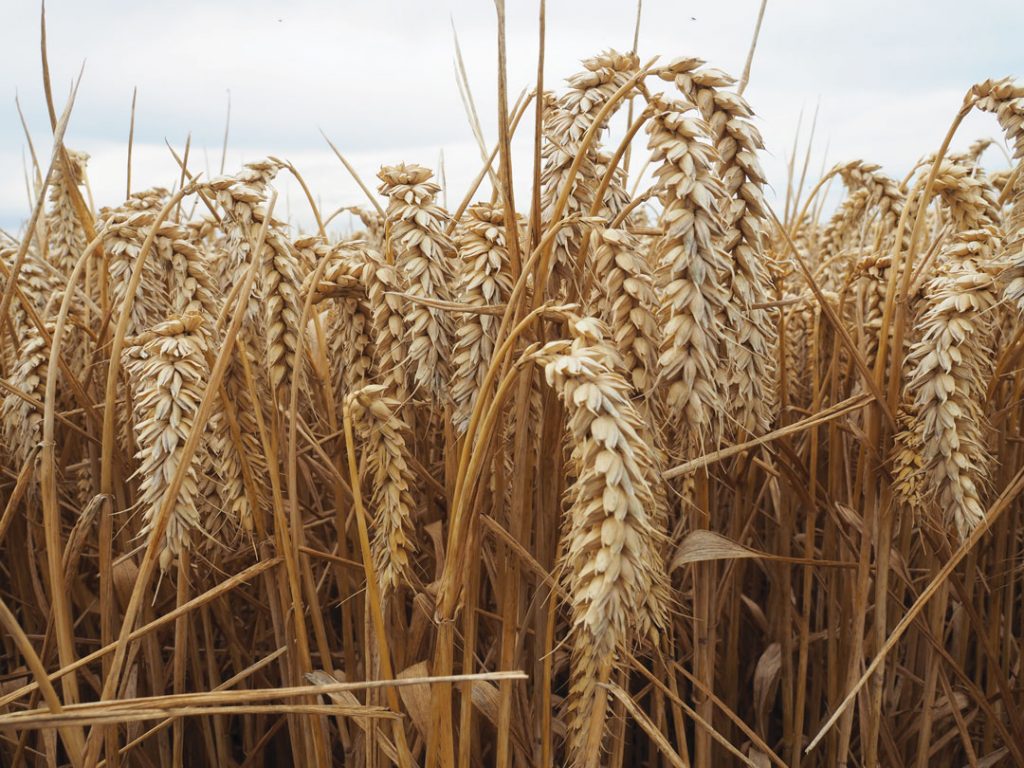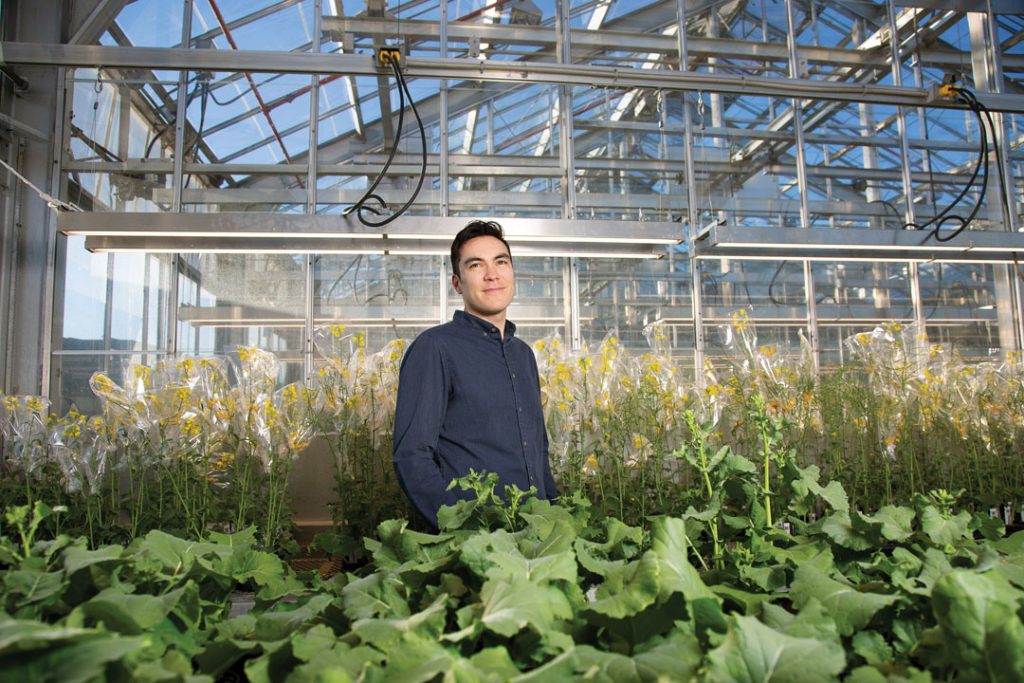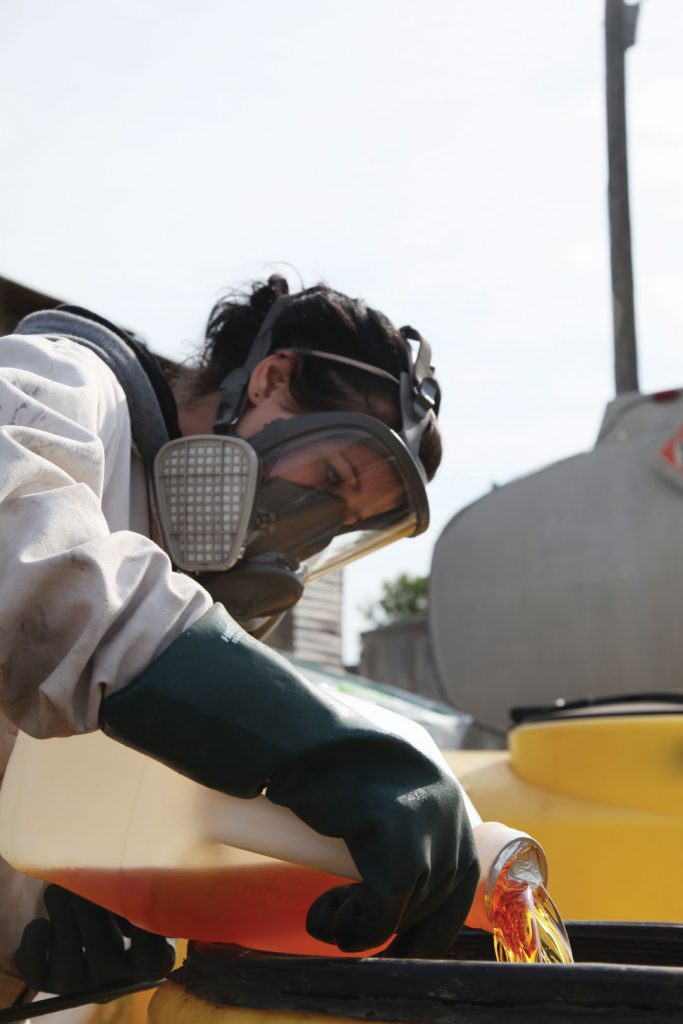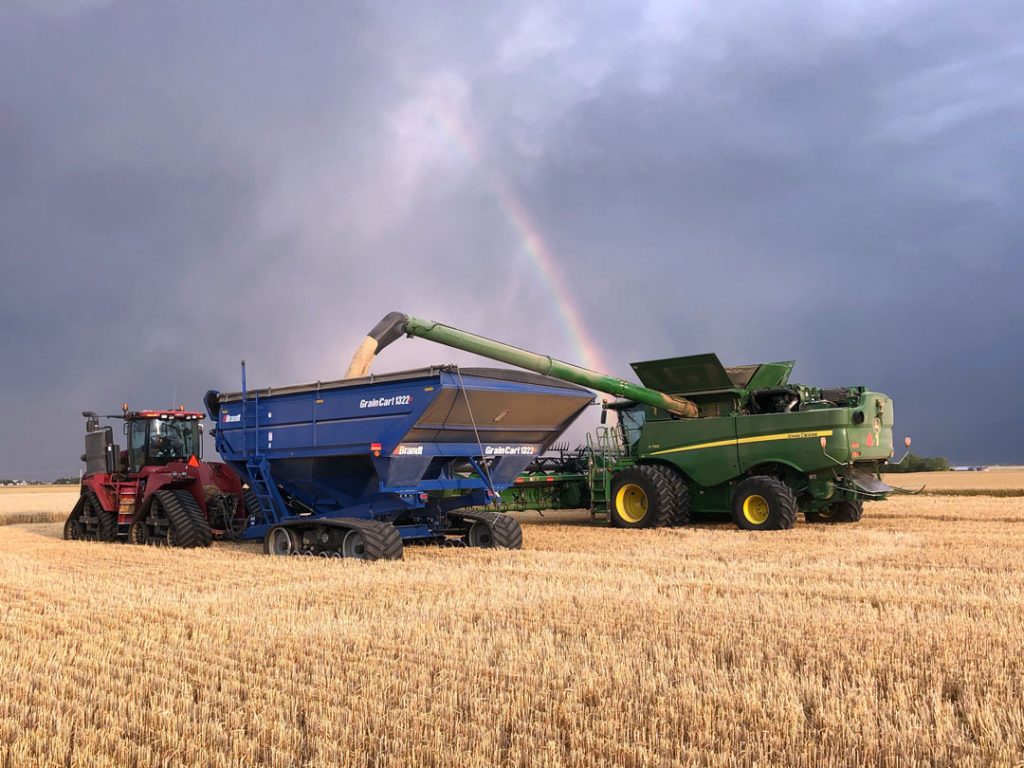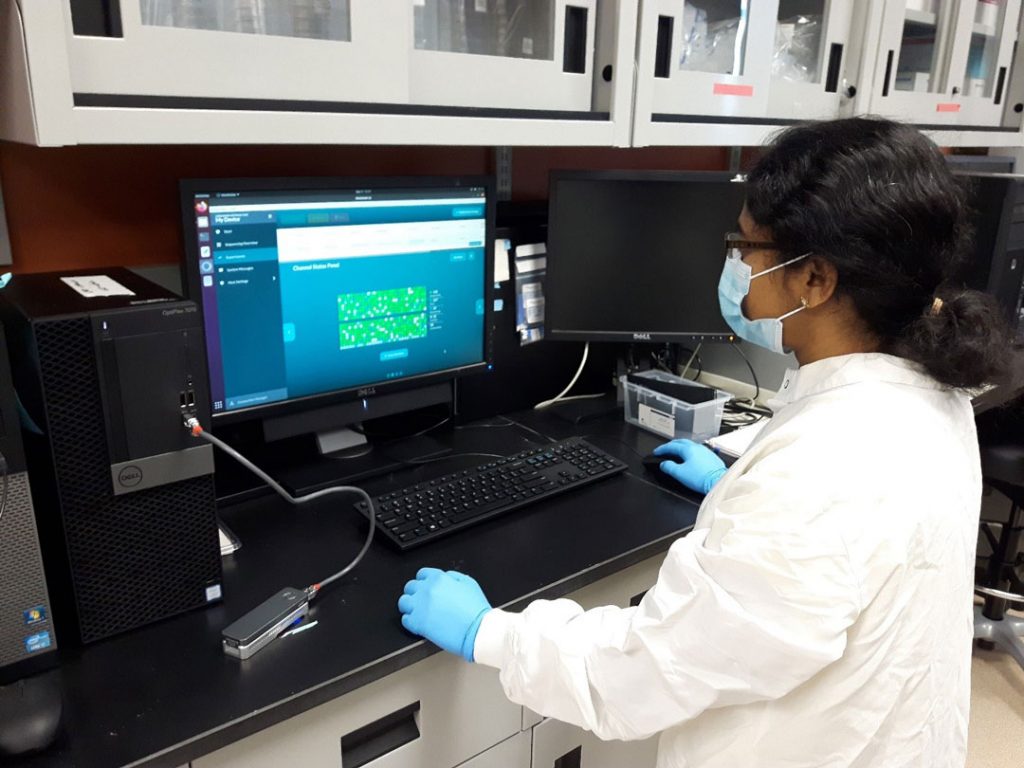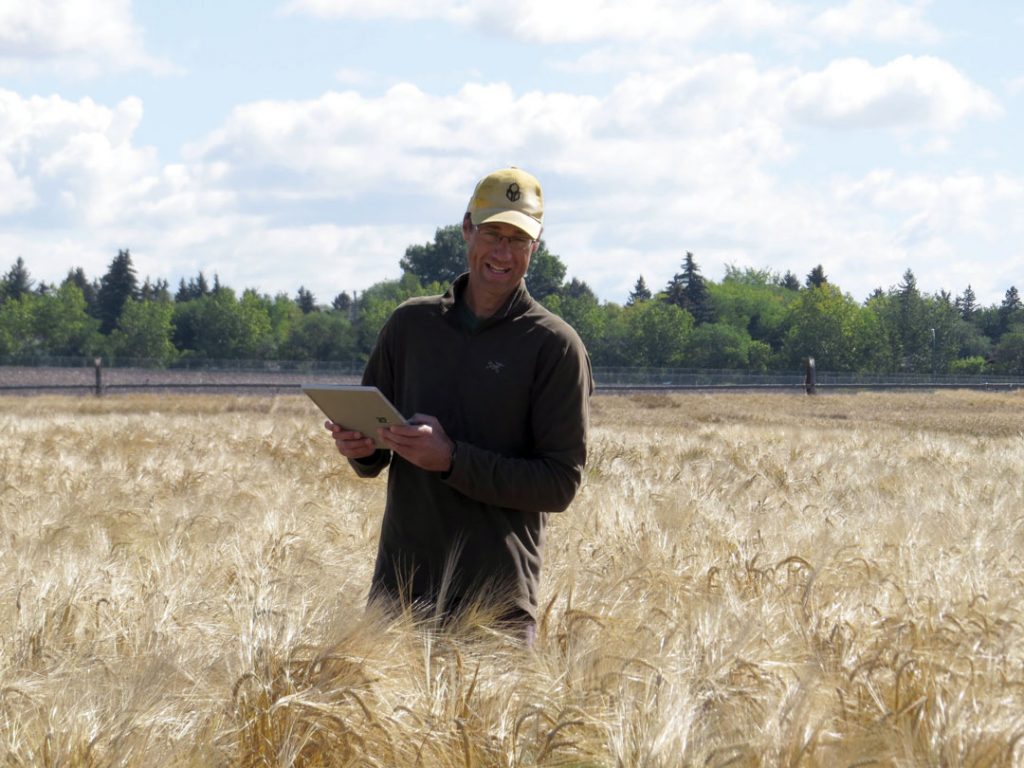POSSIBLE PEST OUTBREAK
Over the last several years, dry conditions have led to lower wheat midge levels in Western Canada, but spring rains in 2020 appear to have sparked a potential outbreak in various regions of the Prairies. Details and confirmation of these nascent flare-ups await release of data from the annual wheat midge survey. In the meantime, greater attention to midge management may well be required in the run-up to the incoming crop year.




